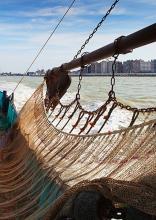The storm over Brexit and the UK's exit from the European Union is still very recent, but for Belgian/Flanders fisheries it is far from over. For now, the British do allow European (and therefore also Flanders) fishermen to continue fishing in their coastal waters - mainly for sole, monkfish, skate and plaice. But the Brexit deal foresees a gradual and 25% decline in European fishing rights in UK waters by 2026. It is projected that the Flanders fleet will lose access to 8% and 22% of its quota in the UK waters of the southern North Sea (fishing area 4C) and the eastern English Channel (fishing area 7D) respectively, compared to the pre-Brexit situation. Past 2026, annual negotiations on access to those fishing grounds will then be needed. And this at a time when the profitability of the (coastal) fishing fleet is already under strong pressure, due to the energy crisis and drastic changes in the use and allocation of space at sea (due, among other things, to the energy transition with the installation of wind farms, Natura 2000 zones and developments in aquaculture).
ILVO and VLIZ, within the framework of the 'Brexit Adjustment Reserve' (BAR), are exploring together with the sector concerned where the opportunities lie for developing new economic drivers and strengthening resilience for small-scale and sustainable niche fisheries. Here lies a strong potential in terms of transition to sustainability.
This specific BAR programme focuses on the fact that the reduction of quotas and the increase of closed areas in UK waters as a result of Brexit have far-reaching consequences for the Flemish fishing fleet. Smaller vessels are particularly affected because of their limited fall-back options – they are tied to fishing grounds in the central and southern North Sea and the eastern English Channel. A way out is therefore needed for these vessels over time.
This BAR project contributes to the development of new economic opportunities for coastal fisheries in Flanders that can support a group of vessels specialised in niche fisheries, and targeting a range of species according to the season. For instance, fishing for a wide range of fish and crustacean species, caught locally and sustainably, combined with the installation of wind farms and mariculture, and attractive for the catering industry and coastal tourism. These seasonal niche fisheries are often under limited or without quota regulation, and represent low competition for the large fleet segment and our traditional coastal fleet. The basic idea is to preserve and strengthen what remains of our coastal fisheries today, and to turn threats into opportunities for new types of coastal fisheries.
VLIZ and ILVO are working on the necessary knowledge required for the release of these niche fisheries, the distribution of the target species in nearby waters, their role in the food web, the establishment of the required observation capacity, the development of an appropriate business model, and the development of local seasonal regional products with added value as a signboard for Flanders coast.
The BAR project, with financial and technical support from Flanders Innovation and Entrepreneurship (VLAIO), started last summer and will continue until the end of 2023. The project is assisted by a multi-disciplinary advisory group consisting of a broad group of stakeholders involved in fish and fisheries at Flanders coast.
For more information contact:
- For ILVO: hans.polet@ilvo.vlaanderen.be | +32 494 28 69 71
- For VLIZ: ann.katrien.lescrauwaet@vliz.be | +32 475 49 34 52
(c) Image: Vince Bevan | GIFS Interreg project


